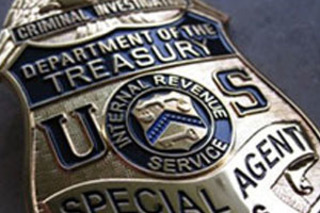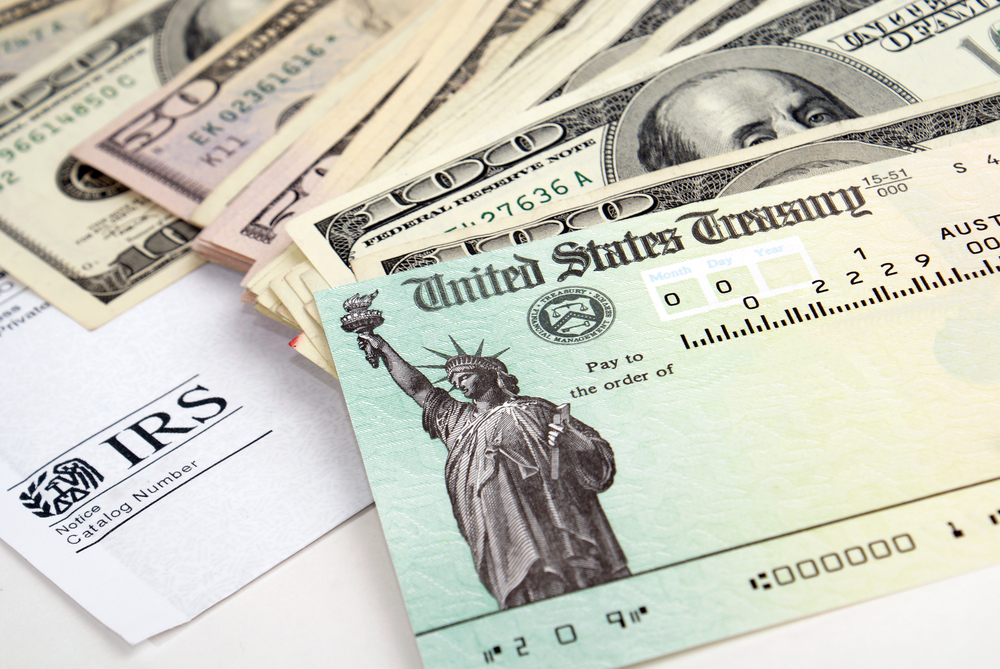Over the last year, the IRS Criminal Investigations Division has been combating COVID-19 fraud related to the Economic Impact Payments, Paycheck Protection Program (PPP) and Employee Retention Credit. The agency has investigated more than 350 tax and money laundering cases nationwide totaling $440 million. These investigations covered a broad range of criminal activity, including fraudulently obtained loans, credits and payments meant for American workers, families, and small businesses.
“Criminals have tried funding their lavish lifestyles with money intended to provide Americans relief during one of the most difficult times in recent history”, said Jim Lee, Chief of IRS Criminal Investigation. “We have investigated cases of criminals flaunting stolen money to buy fancy cars, boats and pay for luxury apartments while families and businesses struggle to make ends meet. IRS-CI special agents have done an extraordinary job identifying millions in stolen money and our work is far from over. We will not cease until every fraudulently obtained dollar is accounted for and the individuals behind the schemes are prosecuted to the fullest extent of the law.”
IRS-CI encourages the public to share information regarding known or suspected fraud attempts against any of the programs offered through the CARES Act. To report a suspected crime, taxpayers may visit IRS.gov.
The Coronavirus Aid, Relief, and Economic Security (CARES) Act was signed into law on March 27, 2020, to provide emergency financial assistance to millions of Americans suffering the economic effects of the COVID-19 pandemic. One source of relief provided by the CARES Act was the authorization of up to $349 billion in forgivable loans to small businesses for job retention and certain other expenses, through the Paycheck Protection Program. In April 2020, Congress authorized over $300 billion in additional funding, and in December 2020, another $284 billion.
The Paycheck Protection Program allows qualifying small businesses and certain other organizations to receive loans with a maturity of two to five years and an interest rate of 1%. Businesses must use PPP loan proceeds for payroll costs, interest on mortgages, rent and utilities. The PPP allows the interest and principal to be forgiven if businesses spend the proceeds on these expenses within a set time period and use at least a certain percentage of the loan towards payroll expenses.
To learn more about COVID-19 scams and other financial schemes visit IRS.gov. Official IRS information about COVID-19 and Economic Impact Payments can be found on the Coronavirus Tax Relief page, which is updated frequently.
Thanks for reading CPA Practice Advisor!
Subscribe Already registered? Log In
Need more information? Read the FAQs
Tags: Income Taxes, IRS, Taxes




